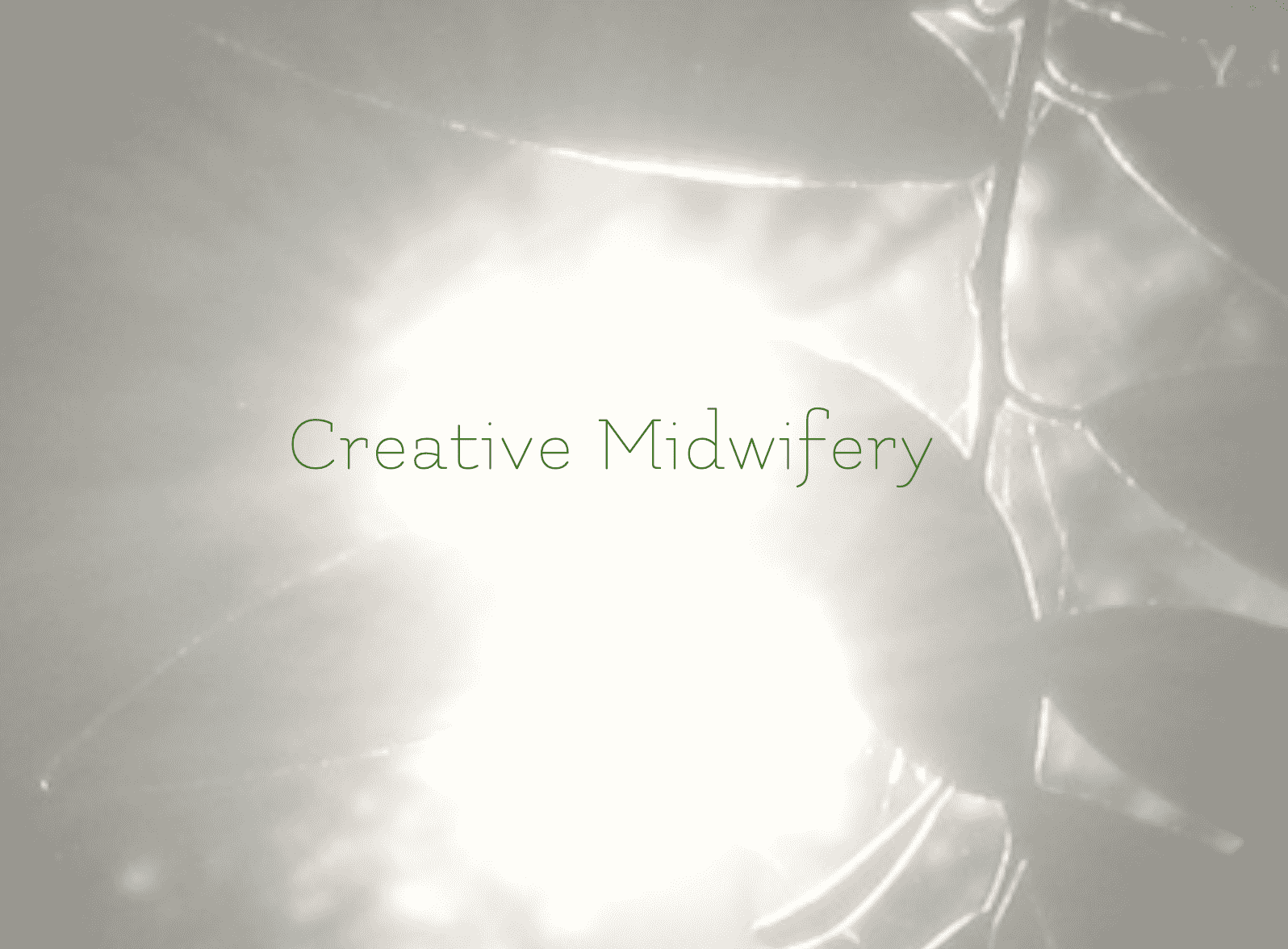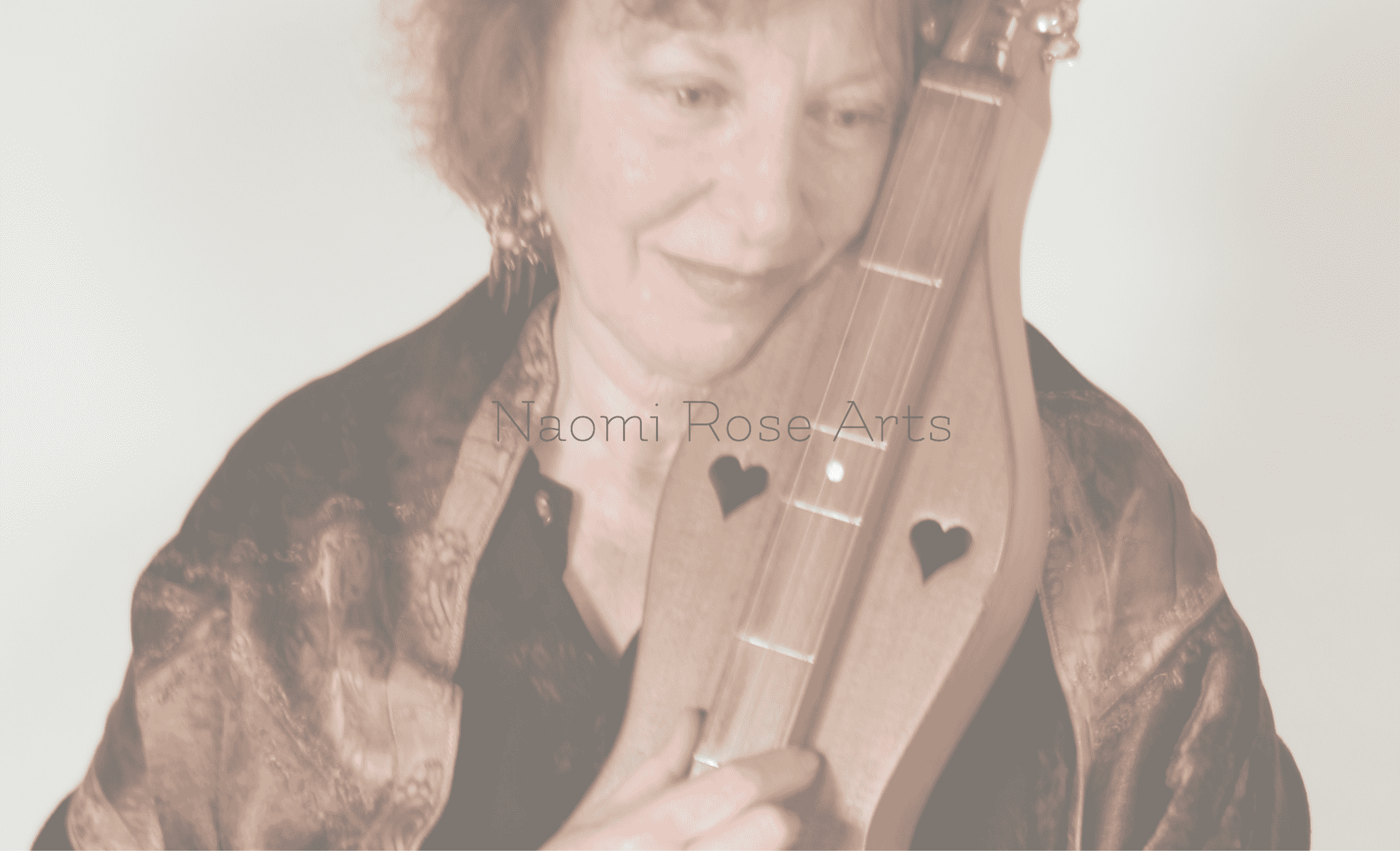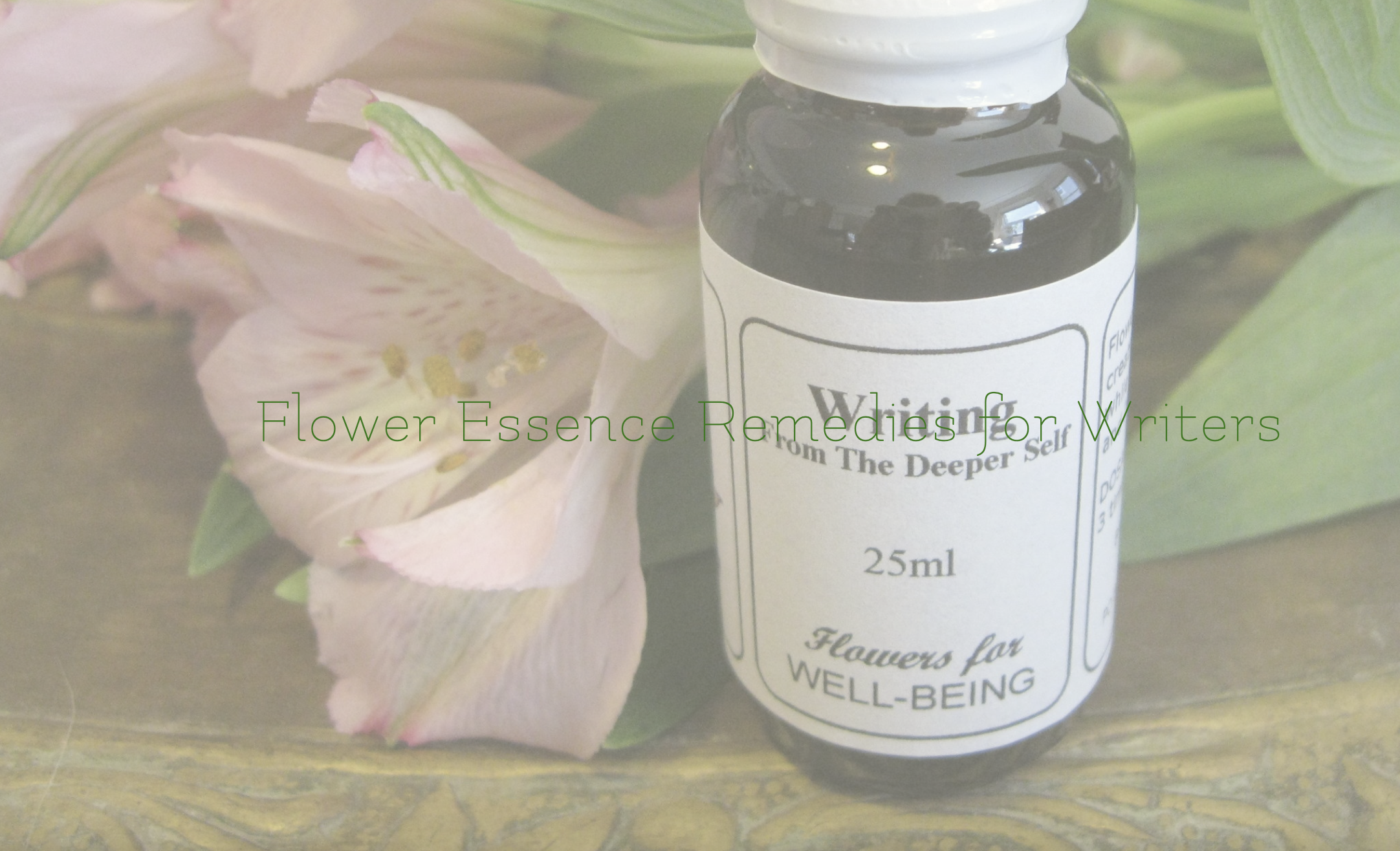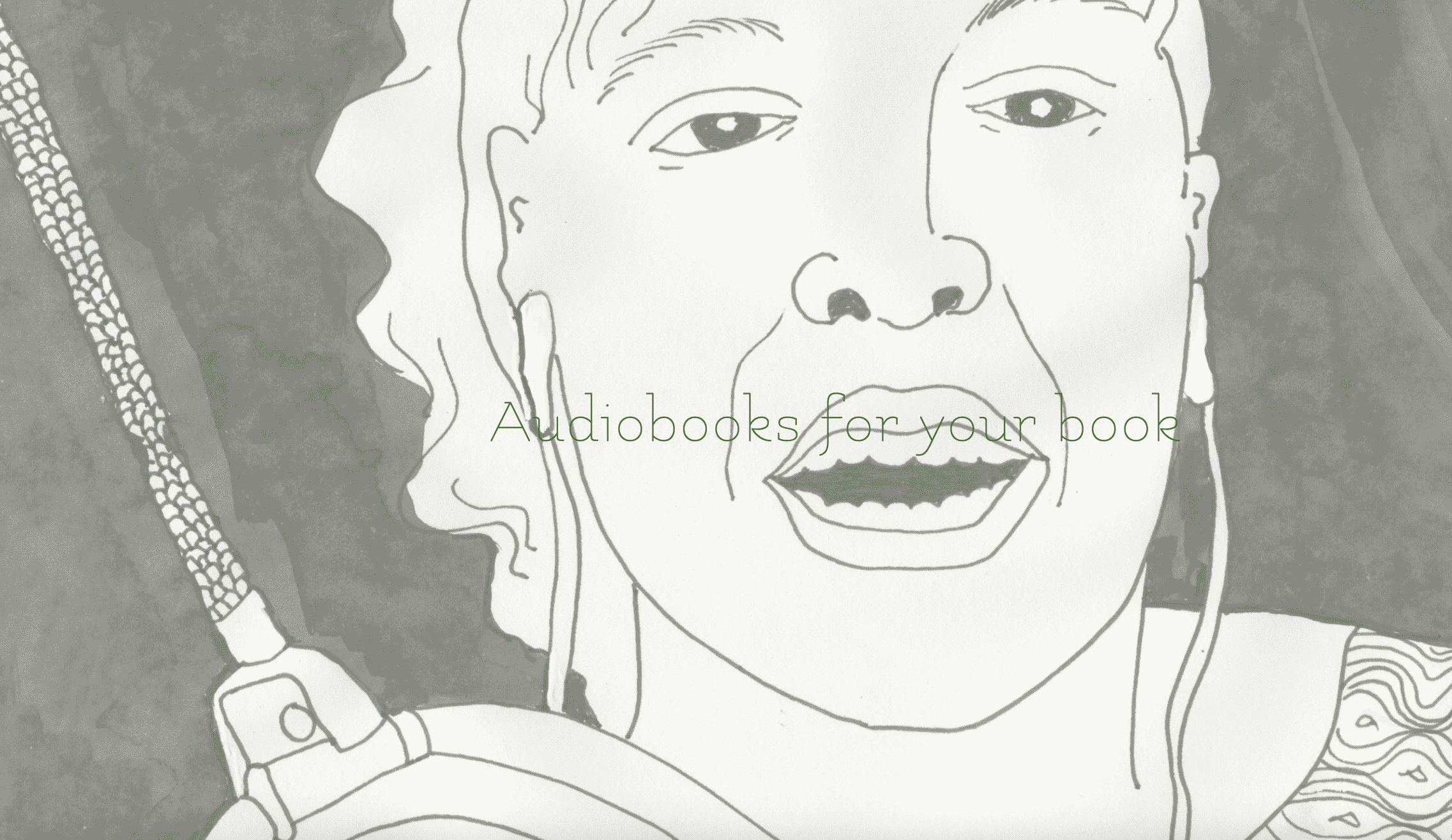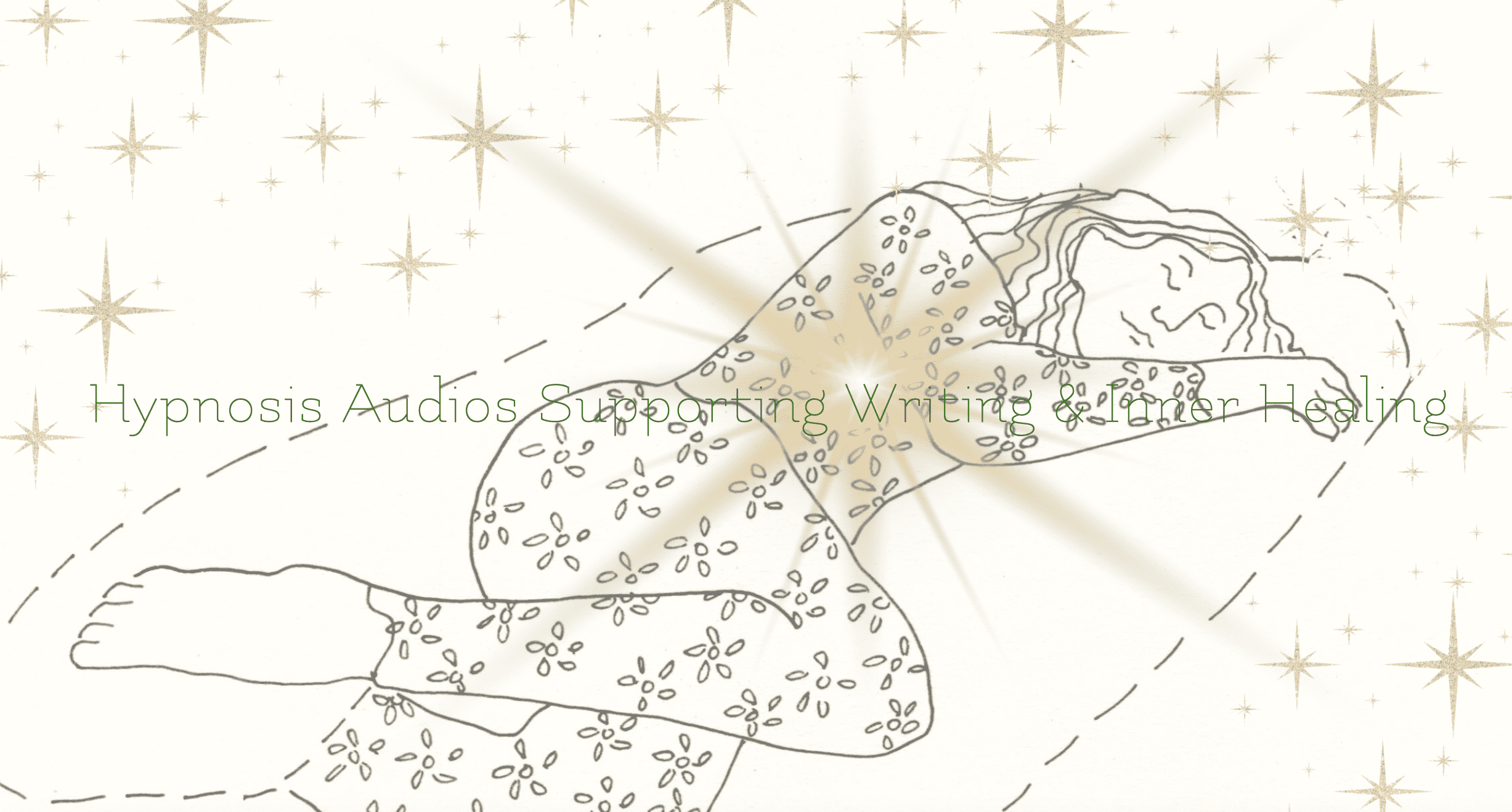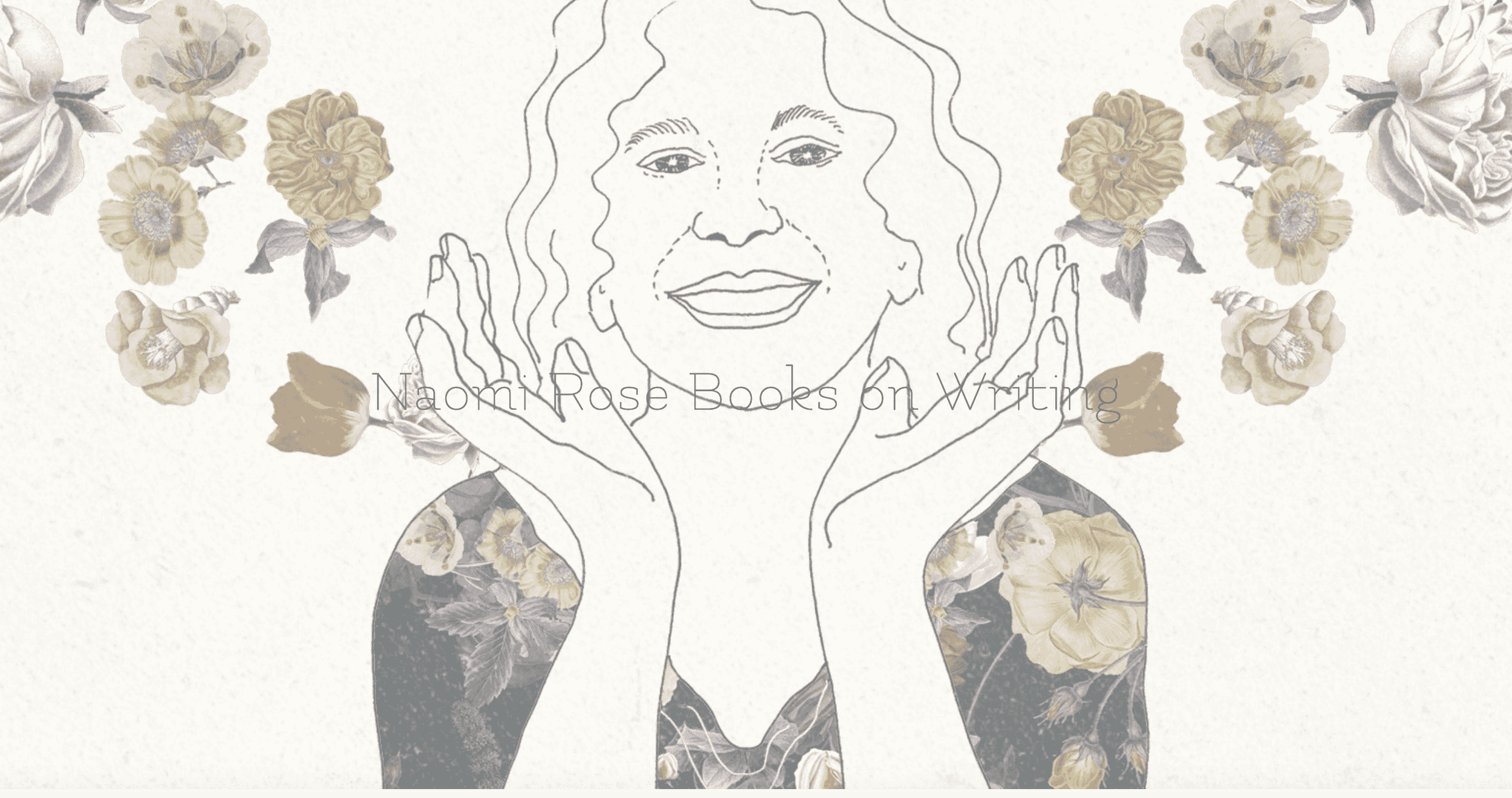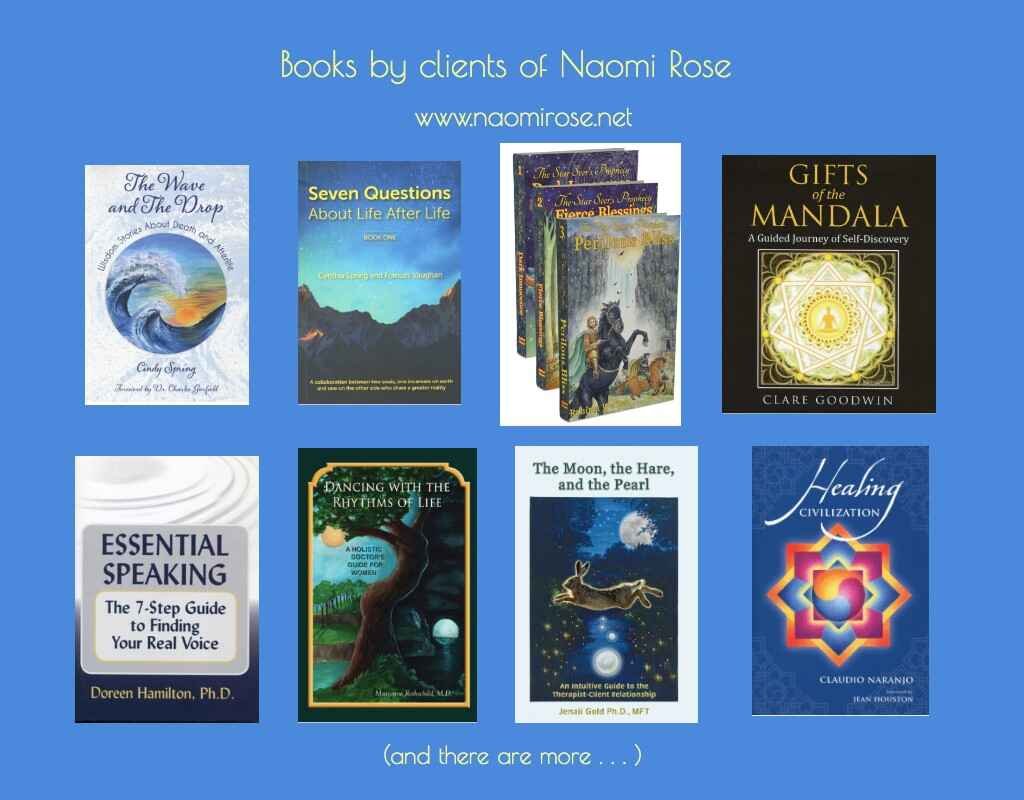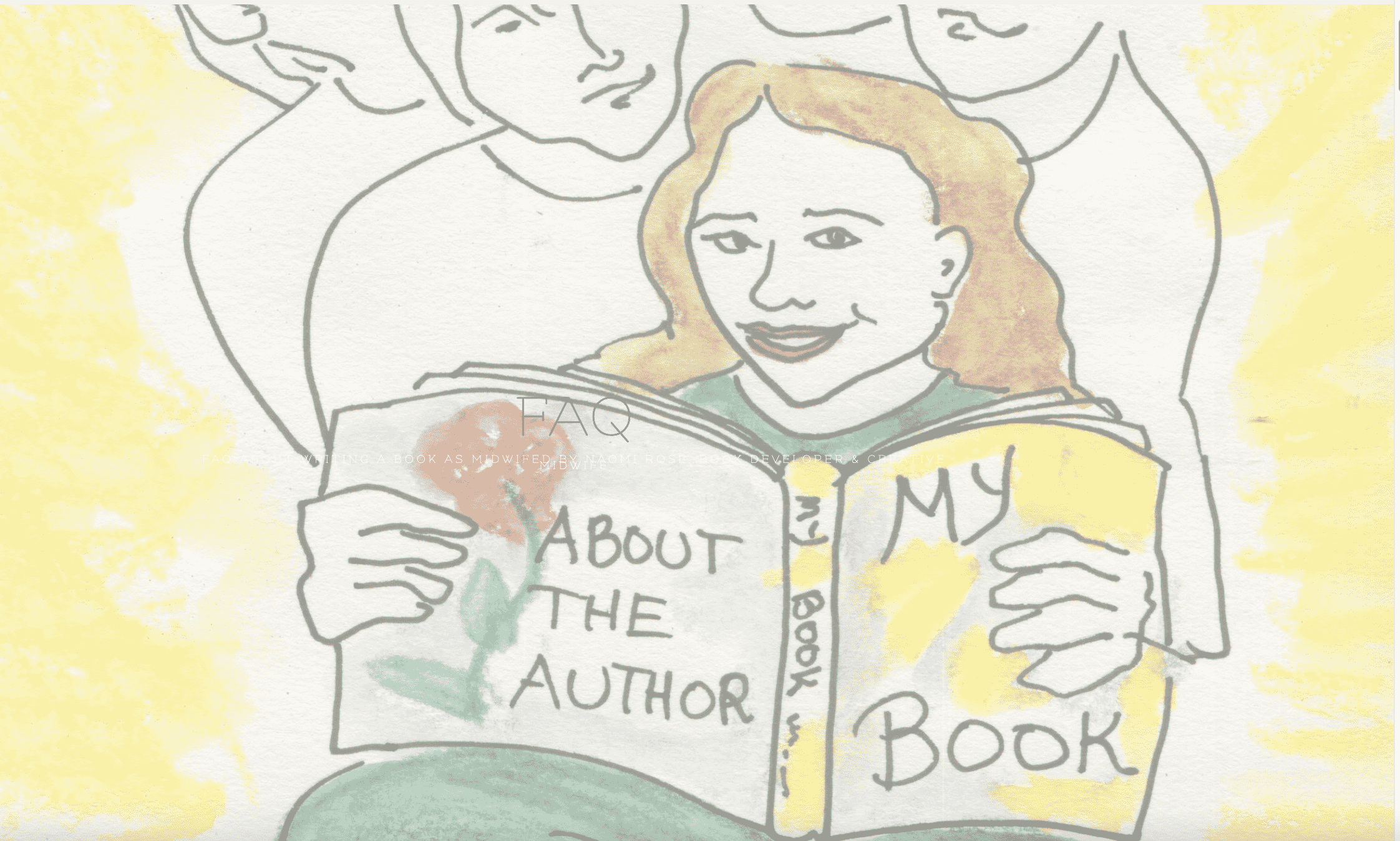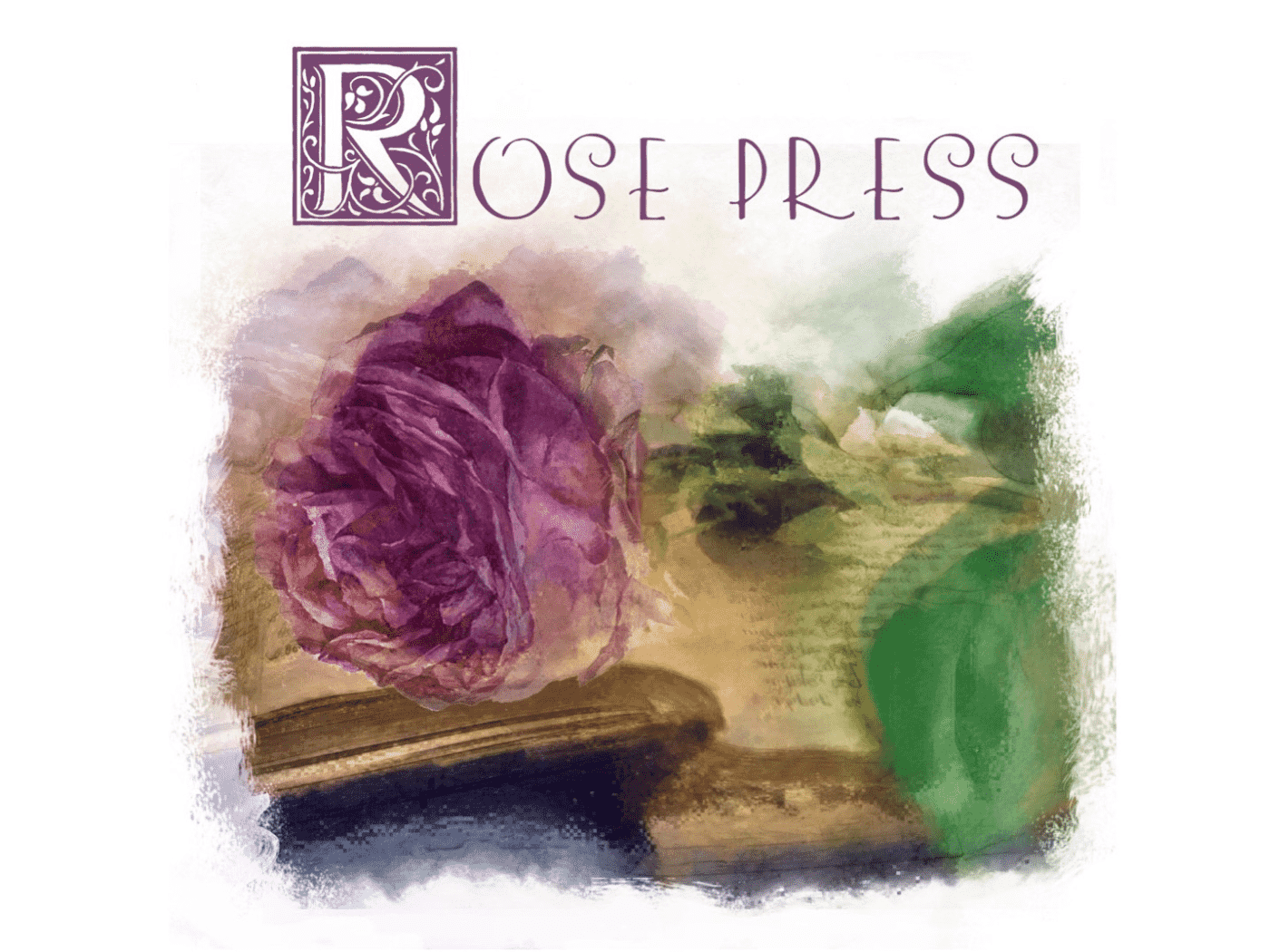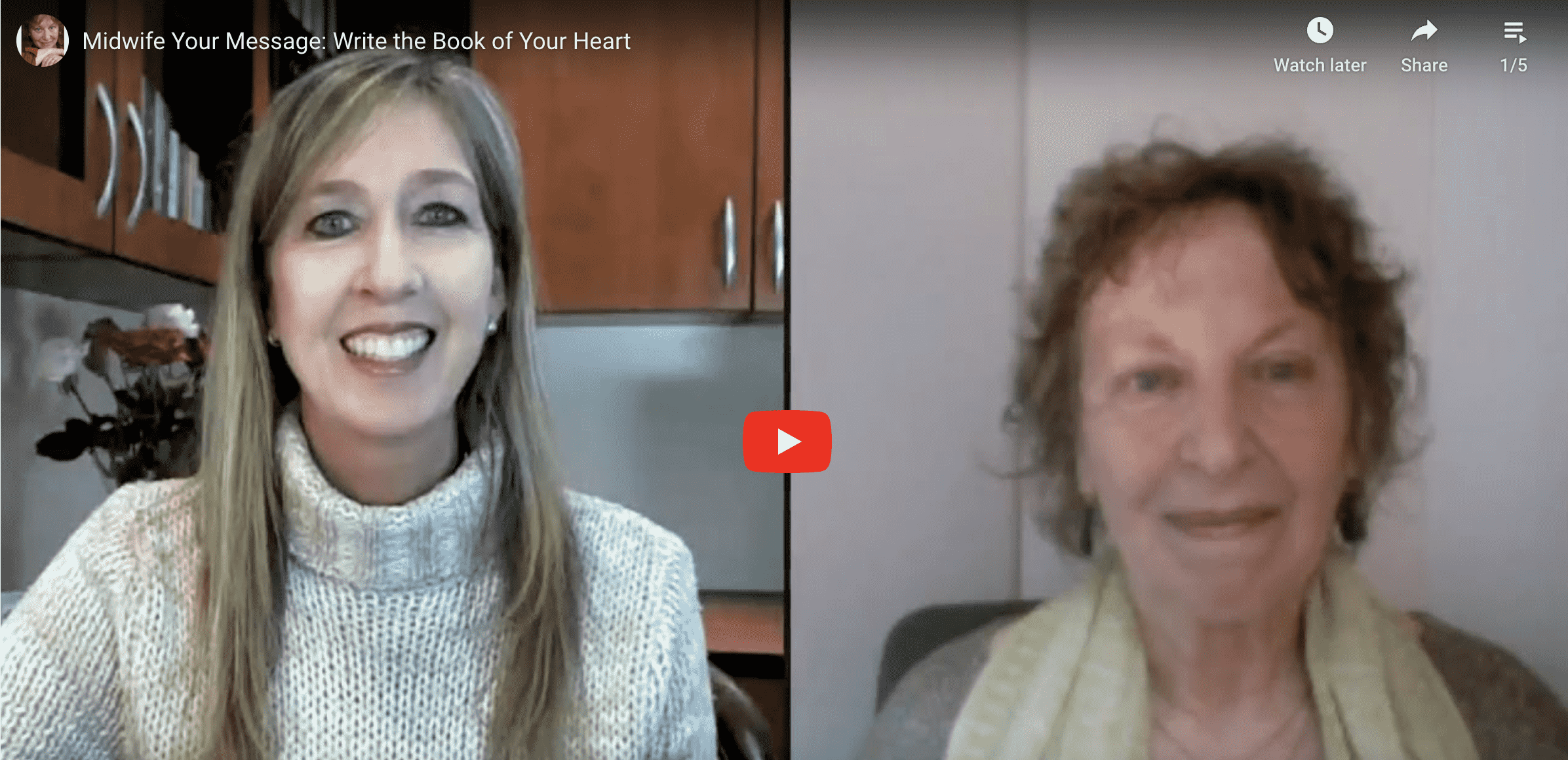Naomi Rose interviewed by Naomi Estment on
“Midwife Your Message:
How to share the music inside you through writing a book”
Naomi Estment is a photographer and writer who helps women shine in their photos, videos, and online through “Brand Stars.” In this podcast, she interviews Naomi Rose. She writes:
What if writing could be a gift to yourself, where the depth of your real nature takes the lead and your words follow? If writing and publishing a fiction or non-fiction book features at all in your dreams, then watch the deeply inspiring interview below with gifted, California-based book developer and creative midwife Naomi Rose, who inspired me on my writing journey, especially with the encouragement to complete my novel when I needed it most, back in 2008.
Here, we explore the transformation that’s available to us all through writing the books that are in our hearts, as well as the typical blocks that hamper our progress in writing and sharing our messages with the world, including the fear of being visible, which resonates so powerfully with my passion for helping women to show up and shine on camera.
The following interview is with the Book Developer and Creative Midwife, Naomi Rose. “Writing from the Deeper Self” is what she calls the beautiful soul-led work she does. (www.naomirose.net)
Transcript of the video interview ( July 27, 2021)
Naomi Estment: Everybody, thank you so much for joining us, a very special welcome to you. And welcome to my very special guest, Naomi Rose. Welcome, Naomi, and thank you for joining us.
Naomi Rose: Oh, it's my pleasure, thank you. You don’t often get to say your own name to somebody else.
Naomi Estment: Yes, that’s true. It’s a treat for me too, and so special to have you with us, all the way from California. So it’s 10am where you are now, and it’s dinnertime here in South Africa.
To everybody watching, if you have any questions at any stage, this is a beautifully wise lady. She has a lot to teach all of us. So please feel free to engage. Ask questions, and Naomi and I will follow along. If you’re watching the replay and you have any questions or comments, let us know and we will come back and be in touch with you.
INTRODUCTION TO NAOMI ROSE
I’m going to kick off with a quick intro about this fascinating lady, Naomi Rose.
She was born into a family of writers, and grew up with mixed feelings about being a writer, which I’m sure she will share more about. She later studied English Literature and got her M.A. in that discipline, keeping her gift for words alive by going through a side door, instead—becoming an editor in her twenties and, over time, working with authors, publishers, and businesses to make their prose sparkle with clarity and reader engagement. Naomi began to specialize in books on subjects she cares very much about, including holistic health, psychology, and spirituality. She also wrote numerous articles that were published in magazines.
She could have gone on like that for the rest of her working life. But when her midlife crisis arrives—we all know about this; I certainly do—she found herself asking, “Is that all there is?”
She decided to study Transpersonal Psychology in graduate school, thinking that she might become a therapist. After two years of fascinating inner explorations, she realized that was not her path. But so much of what she had learned about the psyche and the spirit called to her. Naomi realized that she could use what she had learned to help people write more deeply than the conventions of the publishing world encouraged.
“Writing from the Deeper Self” is what she calls the work she does now. It’s beautiful, and you’re going to learn all about it, so lean in, everybody!
Naomi is also a visual artist and singer. She is married to the poet and writer Ralph Dranow, and is the mother of a grown son, Gabriel. She lives and works in Oakland, California, in the U.S.
NAOMI ROSE’S SOUL-VOCATION JOURNEY
So Naomi, may I hand it over to you and ask you to share a bit about your journey, and what has brought you to this wonderful work that you do today.
Naomi Rose: I'm honored to share what I know. Hopefully I can encourage other people who want to write, perhaps want to use writing as a way to get to know themselves very deeply—not as a journal, but as something that they might share with other people.
I was born into a family of writers. Both my parents were writers, fiction writers. I tend to write nonfiction, or narrative nonfiction. And in a way, it was a wonderful beginning. Because, first of all, they had wonderful books, and I got to read them well before I could understand them—which meant I could enter into their worlds and their atmospheres, which really kept my imagination alive, which is so important for a child. That was really a wonderful upbringing for somebody who would want to create through words, or paint through words, or whatever you might want to call it.
The difficult part for me was that, as I've since come to realize, looking back, I think my parents had taken part in a kind of a myth about creative people. I mean a “myth” not in a beautiful sense, but in the sense of not quite the real thing. They made the life and the posture of being an artist more important, I think, than the connection inside themselves that got made through doing the art. I don't think they knew how; and they were very good artists.
I don’t know if you listening to this, watching this, are familiar with the myth of the Romantic Starving Artist, which I believe is now changing I'm certainly doing my best to change that. But my parents very much subscribed to it. There's a lot of stuff that comes along with it that is really not wonderful: it can be destructive; it can be self-destructive. The idea that you have to in some way diminish yourself in order to write in a beautiful way (or paint or sing, or something like that)—from my studies in transpersonal psychology, I think what's really at play there is that when you do really write creatively, (or paint, any creative modality), it is true that you do have to get your ego out of the way so that your own deeper Self has room to direct things. But that's not the same as being self-destructive.
So as I looked at what they went through—and I should I should add that it was kind of a family expectation that I would be a writer, because that was what we were—I thought, “I don't really want to live like that. I don't want any part of that.” So, as Naomi Estment mentioned in the intro for me (which I wrote, but she made better), I went through a side door having to do with words. And I became an editor as young as in my twenties. I really didn't know what I was doing. I was just trying to bring a sense of the “real world” into my life after being in graduate school. And I just kind of bumbled into it. The job was open, I said okay. And so I learned on the job.
And then I left the East Coast of the US, where I was living and working, and I moved to California, where I still live. And I happened to get in on the ground floor of an editing cooperative. And so I learned on the job there. I was a freelance editor, I worked on all sorts of books; I worked with authors and with publishers, learning what they wanted; I worked with businesses and nonprofits. And over time, of course if you do something, if you have some facility for it and you do it over and over, you get really good at it. And so I became really a good editor.
I remember one time, this lovely man, Richard Carlson, who was the author of the Don’t Sweat the Small Stuff series (I wasn’t his editor for that series, but I did edit another book of his, For the Love of God), came to my home with a bouquet of flowers because he was so lovely and so grateful.
I was by then in my early forties. And I could have continued for life, because I was good at editing, and I got a lot of work.
But I did go through a midlife crisis. And why that’s relevant, here, is that you don't have to be in midlife to ask yourself, “Who am I, really? What's really important to me? How can I find it? And if I find it, how on earth could I begin to express it? Am I the only one in my world? Or am I connected to something larger? And is it possible that I have my piece of something great, and divine, even?” To consider that it's actually really important to know what that is, and to connect to it. And through that connection, to begin expressing it, in whatever form. There are so many forms.
So to shorten this part of the story, I did decide to go to graduate school. I studied transpersonal psychology, which is the intersection of psychology and spirituality. And it was absolutely fascinating. I thought I might become a therapist; I decided not to. But I had learned so much about the inner life, and what might be healing.
Healing is my passion, really. And so much of that was actually nonverbal. It had to do to do with breathing; it had to do with sensing; it had to do with the things that one might find through meditation that actually do more readily take you beyond—I could say, “the ego,” but let's instead say, “the self that you have been taught to believe is you,” and into the Self that actually is you, and has all these beautiful qualities. They may be unknown or untapped, but they are always there, in potential at least.
And so I decided that I would try to bring that into my work. And while I still do editing these days, it's really as a support for the book development, the “creative midwifery,” that I do.
My hope, when I first began this work, was to not go in at the more surface level of working with publishers, which was to help authors somehow do what they needed to do to create a manuscript that publishers would accept. Because there are so many conventions around that. And certainly, good books come out of it.
But often the soul of the writer is very far from that; is really nowhere to be found. And so the writer does not get a sense of real fulfillment in doing the writing, and of connection with their deeper Self.
That’s what I wanted to do, and that’s what I cultivated long ago, and have been doing for some decades.
So I now do Book Development—development meaning, “Let's see what develops, based on who you are.” And I do Creative Midwifery, which certainly encompasses writing but also could be anything that a person is wanting to bring out—any art form, any discovery, any invention. I’m keeping the doors of that open.
Naomi Estment: I loved it. I was actually getting goose bumps as you were speaking. There’s so much resonance, here. It’s beautiful. And one of the things I loved that you said is, “You don’t need to wait for a midlife crisis to be able to ask that question, ‘Who am I?’” and answer it.
Which really excites me because my niece, my goddaughter, is watching this, and she’s only 22 and is writing her first novel. And I had to go through a midlife crisis scenario, and wrote mine when I was forty, maybe forty-one.
And Naomi, thank you. Because you were really instrumental in giving me the encouragement that I needed at that very tender time when I was writing that first book, to encourage me to keep going and complete it. And I just love your approach. It’s so beautiful in terms of aligning with your truth inside.
It's also very interesting for me to hear you say, “This is not always the case with published books.” I’ve been very challenged in the publishing space, with fiction and nonfiction (which we’ll get to later).
But maybe there's a reason, as you’re saying. Because it’s so important to me, too, that it’s your own soul that’s coming through. I love how you say, “To bring out the music inside you.” I think it was Dr. Wayne Dyer who said, “Don’t die with your music still inside you.”
For me, even the process of writing—my first book was a novel, and then my second book was nonfiction, which became the online courses—was that sense of fulfillment of, “Yay, I don’t have to die with my music inside me. Because it’s out.” Even if not widely out there in the world.
So, as I say, you really played a beautiful role in my writing journey. And this was twelve years ago when I finished the book, with your beautiful encouragement and support.
I know you’ve helped many other authors, as you say.
ON TRANSFORMING YOUR LIFE BY WRITING A BOOK
Can you share with our viewers some ideas for how their lives and their beings can be transformed in the process of writing the book that’s in their heart, whether that is fiction or nonfiction?
Naomi Rose: I think the essence of it, really, is that when you write from the deeper Self, you get to meet up with something that you inevitably will treasure. Certainly, there are layers of stuff in the way, in the process of getting to that deeper inner place that is in all of us. But I think that yearning is innate. You may not be aware of it, but especially when you get a little bit older, I think it becomes more evident.
And if you are really able to listen to yourself in writing, I think that’s what does the transforming.
There is a beautiful phrase—I use it often, it’s on my website. It's said to be what God said to human beings: “I was a Hidden Treasure, and I longed to be known.”
And then it goes on and says something about “And so I created humanity.”
It’s not difficult to grow up and not be in touch with that hidden treasure. It's really pretty easy not to be in touch with the hidden treasure. I have a whole history of years of not being in touch with it. There's all sorts of reasons, largely psychological, based on how we are received in the world when we first come into the world.
And since Naomi Estment’s beautiful and very appropriate metaphor is “Shining Your Light”—there really is light in us, we really are light. And if that's not held and seen and reflected in the way that we need when we’re young (which happens much more often than not, because parents are human being), then we will retract that light and forget about it, often. And we’ll come up with a way of being that will work in the world we inhabit when we’re young. Which is brilliant, because we want to survive, and we want to survive emotionally, too. It's really very brilliant, what children will do.
The problem comes in when that way of being is continued into adulthood, and is not connected to the deeper Self. Which happens more often than not.
But I keep hearing word that humanity is in a profound evolution, and that such remembrance will be happening more and more and more. So when you’re in touch with your inner self, you return to your true nature. It's not foreign to you, but it may have been layered over. Certainly, it was with me.
When you write from your deeper Self—and I can talk later about some ways to get to that—it has a lot to tell you. It says, “Hey, this is you. This is actually you, not just what happened to you. This is who you are. Let me tell you who you are, around the subject that you’ve chosen to focus on in your book.”
Naomi Estment: I really love this. And it's so true what you say about how, as a society, all of us can lose touch with our true Self, and also with the expression of it, especially. And that fear of rejection is such a huge thing. I know that for myself.
I actually watched a fascinating documentary, recently—I think it was called The Gifts of Trauma—about how humanity, all of us, experienced trauma, because that’s the nature of being born into the world. Even being a baby, and even that moment that you cried and weren’t held, is a form of trauma. And obviously there are degrees of trauma, but it’s about how what happens to us forms so much of our behavior.
So to be able to really be able to get in touch with our essence and have the courage to share it is amazing. And the work that you do—so beautiful, to help people in such an inspired and tender way that you do, to bring that through fruitfully—is amazing.
TYPICAL BLOCKS THAT GET IN THE WAY
On this same topic—and having written quite a lot, myself, I’ve experienced the challenges, too: what do you see as the typical blocks in the way of most of us actually writing the book that’s in our heart, and then also going the whole hog and actually sharing it in the world? And how can we overcome those?
Naomi Rose: Those are great questions. I actually have made a few notes on that, in that vein, so I’ll refer to them because I want to make sure to share them.
I saw that movie too, The Gifts of Trauma. That was Gabor Mate, yes? That was amazing. It's so compassionate
Naomi Estment: Yes!
Naomi Rose: For you who are watching and listening, I want to say that for all the difficulties and challenges of this era, it’s a remarkable era. There was no mention of trauma when I was younger. And now it's gaining so much awareness. I think one of the great things about that is that it makes you feel like, “Oh, I am so not the only one. I’m not alone in this. We're all struggling to become true.” And there's something so beautiful in that.
So what are some of the things that people tend to be hampered by when they start to write a book or even think about writing a book? I am speaking a little bit as an expert, but I'm also speaking as somebody who’s been through all of these. So I’m not on a pedestal about this, at all.
Overwhelm
I think one thing is overwhelm. We have these ideas about what books are. We've read books. It may seem foreign, and like “I could never do that, or “Who am I to do that?”
Also, a book tends to be longer. It’s certainly longer than a blog. We have these ideas about what writing a book would mean, and our own ideas are often overwhelming.
And then the not-knowing that’s part of that can also be overwhelming. People don’t know things like, “Where do you start?” “What kind of book am I going to write?” “I’ve heard you have to have a ‘writing voice’—what is my voice”?
Just feeling overwhelmed—it’s kind of all fluttering out there. It's not yet gathered together and forming a kind of clarity in a way that the creative process itself can go through. There is actually a creative process. And though it looks different for everyone, there are some commonalities for everybody. Especially if we would entertain this process as that we’re bringing forth our hidden treasure from some greater place that we are connected to.
So overwhelm is one thing that’s in the way.
Self-Criticism
Certainly, self criticism is another. I'm sure everybody has had some interaction with what they call “the inner critic.” The inner critic sits somewhere inside you, ready to pounce and tell you that:
What you want is not possible.
You wouldn’t be good at it (other people might be good at it, you wouldn’t be good at it).
Everybody else can do better.
Nobody would care.
No one's listening.
The inner critic tells you all these things that, if you believed them, would be incredibly daunting. You wouldn't get out of bed, much less write a book, if that voice comes in and has power over who you see yourself as.
I don’t know if it’s possible to totally banish the inner critic. But it is possible to tame it. And maybe some people can banish it. There are moments in my life when the inner critic is just not around.
To give a bit of context:
The inner critic, from what I've read and explored, is those voices of authority that came in when we were little—like maybe up to seven or eight years old. Parents, teachers, societal messages, all of that. And we internalize it, because that's what we do as kids. And then we grow up, but it tends not to. So, we might be 30, 40, 50, 20, 80 years old, but our inner critic might be seven years old, six years old. It’s a terrible guide. We have much more wisdom and capability than that.
But there's also a view that the inner critic is actually trying to help us. It's just inept, at this point. It’s operating on a very outdated program.
So we can work with the inner critic. There are ways and books (like Mark Coleman’s Make Peace with Your Mind: How Mindfulness and Compassion Can Free You from Your Inner Critic), and all sorts of helpful things.
I like the idea that the inner critic is trying to protect us. When I am in touch with that, I can tell my inner critic, “Oh, actually, I'm not going to die if I write a version of my book, or this chapter, that I don't like. I really won’t die. I'll just feel disappointed for a little while. And then I’ll come back to it.”
Unfamiliarity with What’s Involved in Writing a Book
Another thing that can be daunting is sheer unfamiliarity with what it is to write a book. I think this is a big one. And if you are writing a book, or if you’re thinking of writing a book, hold this in mind.
It's a way to be kind to yourself just to say, “Oh, I don’t know yet. I can know. But right now, I don’t know what’s involved.” So I'm not going to pressure myself to go about it, without learning what’s involved. You wouldn’t go mountain climbing without some preparation.
I actually wrote a book called Starting Your Book: A Guide to Navigating the Blank Page by Listening to What’s Inside You. Because over time, I became aware that our relationship to ourselves before we even start writing—in the midst of it, too—is so important. It makes such a difference.
So, learning what's involved in writing a book. Learning, for example, that what you're going to write is a first draft, not the final draft. Anne Lamott, a wonderful writer said, “We're all going to write really awful first drafts.” It might happen. And it's okay. You're just putting something down. Then you’re going to go back into it with the eye of a reviser. You're going to fine tune it. You’re going to see what rings true, what doesn’t. You might have to go back to the first part, add things, take things out. But there's a way in which that actually can be enjoyable.
So when you don't expect yourself to be perfect from the outset, that really helps
Fear of Being Visible
And then the last thing that I noted down—and Naomi Estment has referred to this—is the fear of being visible. And I'll get to that when I talk about actually getting the book into the world.
So this may be the flip side of the “hidden treasure” thing—and I am speaking for myself—that so many of us have hidden our inner treasures for so long, not only from other people but sometimes even from ourselves. Because we begin to identify with this persona that we’ve put on because we weren't seen clearly, held as we needed to be, nurtured as we needed to be, we developed a way of being in the world that’s not fully ourselves. Of course we did. But that persona is a little shaky, because it's not totally us.
So the idea of being visible as we actually are can be scary. And I’ve been there. Often. I think that fear is what happens when we think that’s all we have to offer, the cover we’ve put over things.
How I want to end this piece of it is that that the inner self is fairly vulnerable—not in the sense of anything wrong with it, but in the sense of being uncovered.
And ironically, paradoxically, this vulnerability is what people read books for. They want to be mirrored. They want to see themselves. And when we put a really good face on things, which I have done in some of my earlier writings, they may learn things; but they don’t see themselves. What they really want is to see themselves.
So when we can see ourselves in our writing, other people can see themselves through us.
Naomi Estment: That’s so beautifully said. Thank you. I love it. And the comments are saying, “We identify with all these blockages.”
And me too. As I mentioned, I’ve experienced this through both the fiction process and the nonfiction process, in different ways. And yes, we shy so much away from vulnerability. But, exactly—I love that final note of yours: it’s what we see mirrored in ourselves that we identify with in other people and in their writing.
There’s so much to say on the topic. My niece is writing her first novel, which is amazing to me. The odyssey of a first novel is so much about bringing parts of your innermost self through, in your book.
There also, I’m guessing, will be ladies with us now or on the replay who may very much be thinking from a business perspective and a nonfiction perspective—who have a lot of life experience and work experience that they are called to share in the world. And this was the case for me with my nonfiction book. And in both cases, there were challenges.
TIPS FOR GETTING STARTED OR TO PERSEVERE
What I wanted to ask you is, at whatever stage our viewers might be on the journey, can you give them some tips—and this is where you were so instrumental for me—to encourage them to get started, and/or persevere wherever they are on the journey.
Because it can be a lonely, dark and difficult journey at times, as we all know. Can you share some tips about that, whether our viewers might be writing fiction or nonfiction?
Naomi Rose: Yes, I would love to. And I so appreciate how encouraging you are to people with coming forth, in the beautiful way that you do it, allowing people to shine on camera and wordlessly bring forth the light that they are.
So now, we’re talking about doing it through words.
If I had to boil it down to one thing, I think the most important thing a person can do to write a book that's really deep and meaningful to them is to listen to themselves. To make room to listen to themselves.
I'll say a little bit about what I mean by that. It probably goes beyond that, but—
So for example, when you listen to a piece of music that you really love, just by yourself—it’s probable that you get more quiet, inside. And that instead of seeking to put forth, put forth, put forth—you’re becoming more receptive. Your body becomes more still, more relaxed. Maybe you close your eyes. And you let yourself take in the sounds that you hear . . . the quality of the music that pleases you . . . the rhythms of the music. You could say that you actually attune yourself to the music, like tuning into a certain channel.
That attunement, and that receptivity, is a large part of what listening is, in my view.
So it's the same set of interior capabilities with writing. Except instead of listening to outer music, you’re going to be listening to inner music—metaphorically. Or maybe not.
The Hidden Treasure is always seeking to speak to you through your heart. When we can get quiet enough (and it's a real challenge for me—I have a very busy mind) to come down those inches from our head to our heart, guidance is available.
So if you want to, while watching this, listening to this, you could just put your hands on your heart now.
And you will feel a heartbeat—pulsating, resonating—against the palms of your hands. It’s all here. You’re not having to do anything, or go outside yourself. You're just making a bit of a turn to be present to what’s inside yourself.
So you can always count on that heartbeat. That heartbeat has a certain rhythm. If you’re very relaxed, it will be an even rhythm. If you're in a state of stress—“fight or flight,” that other nervous system, the sympathetic nervous system (I never understood why it was called that; it doesn't feel sympathetic when it's happening to me), then your rhythms may be kind of jagged.
So you can actually use your heartbeat, and your awareness of your heartbeat, to find out what kind of the rhythm you are in. The rhythmic, regular rhythm is the parasympathetic nervous system—the one that has to do to relaxing and feeling safe. Things that we really cherish.
You can bring yourself into that by being aware of whatever the rhythm is. And then consciously making it more rhythmic.
You can also do that with your breathing. You can notice, as you breathe in, “How is the rhythm of my breath?” As you breathe out, “How is the rhythm of my breath?”
The magical thing about being present, about awareness, is that when you’re present to something, it’s like it’s a living being. It grows. It flourishes. It changes in the light of your awareness.
So if you start to become present to the rhythm of your breathing, it will become more rhythmic, because you’re putting your attention there.
So what does this have to do writing a book?
It helps you be more in touch with your real nature. To be in your heart . . . to be breathing rhythmically—it opens the door to that place inside that has what you need.
And not only that has what you need, but that's also really the source of your desire to write a book in the first place. The desire comes from a real place; and then our minds make something of it, where we scare ourselves.
But when you're actually in concert with the rhythm of your heart, you breathe from your heart, then you can kind of drop a seed into that place. The seed might be something like, “Show me something of what might be in this book.” And then you sit there. It’s a meditation, really.
This is the time to be receptive. You ask, and then you are present to what comes.
People get different things. It has varied for me, from time to time. Anything you get is worth working with. You might get an image. And you might be able to write directly about the image, or the image might be a carrier for some understanding that—as you look into that image—something will come up to write.
You might get a word. You might get a set of words. You might get a paragraph. Sometimes I’ll be sitting in that kind of meditation, and a phrase will come, and I’ll know that I must jump up and write it down. Well, you don’t have to jump up if you’re writing by hand. But I like to write on the typewriter, sometimes, so I have to stand up and go to the typewriter.
I write that first phrase—and then, it’s almost like it’s a strand of wool and it’s connected to a whole ball of wool. And as I write, it’s like it pulls the wool closer and closer to me.
And before I know it, I’ve written a page, two pages, three pages.
The telling thing, for me, is that I feel I am being held—begin given this—by something in me. It’s not like channeling: it’s not like I’ve disappeared and somebody else is doing it. It’s me. But it’s a deeper part of me. And I know the difference between that and when I’m pushing to get words out. Which I have certainly experienced.
So I would say the key is listening and being receptive. However you like to get there.
Naomi Estment: I love that. Thank you, Naomi. I’ve been sitting here with my hands on my heart and getting in touch with my breathing, as you were speaking. Because I, also, have a big challenge with my mind being so active. And quite a bit of a tyrant, actually. It loves to be in charge.
And so I love that reminder to drop into the heart. Because that really is where we find the wisdom, as you’re saying. And also I love that you mentioned that it’s always wanting to connect with us. That’s a beautiful, really supportive way to think about our creative source, in a sense. Absolutely beautiful.
And also, you mention music—which I know is close to your heart, being a singer and a musician.
There was one trick I learned in a writing course once, to help me with my novel, which was to write one unfinished sentence for the next day, to give me something to kick off with for the next day.
I love that you mentioned your book. I think we should drop that in underneath for everybody.
Naomi Rose: It’s Starting Your Book: A Guide to Navigating the Blank Page by Attending to What’s Inside You. (Available from Rose Press)
Naomi Estment: I'd love to switch gears and ask you, here: I know from my own experience of writing a fiction book and a nonfiction book, both of which are not yet published—both times, I thought, “Oh, the writing is going to be the challenging part.” But both times, I actually found the publishing and the marketing to be much more challenging.
THE PUBLISHING AND MARKETING SIDE
So may I ask you to share with our viewers some advice and ideas with regard to what to do on the publishing and the marketing side. Whether it’s fiction and/or nonfiction.
Naomi Rose: If a publisher said to me, “I'm going to pay you $100,000 to take your book on,” I would certainly say yes. But other than that, I'm a real fan of self-publishing. You get total creative control. You can do what you want; you can do what you believe in. You can bring your creativity totally into the writing and the graphics, and all that. You have to hire people to do certain things, but you get total creative say.
Production
Self-publishing is not that difficult. I actually do help people self-publish—although, certainly, you can read lots of articles and make your own way. That's called the production phase. Once the manuscript is complete, the production phase is everything that's involved in getting it into print (and/or ebook). And there's audio books, too.
So production involves getting the manuscript edited, proofread, designed by a book designer, and then typeset. And also seeing what you want to do for the cover. I use the services of a wonderful woman who does designing and typesetting all in one package, Margaret Copeland, Terragrafix.
And then you can put it up on a Print On Demand (POD) printing outfit online, which is so much better than before they had print on demand. Now you don’t have to have lots of books printed ahead of time that end up in your garage. You can order one book or 500 books, and so on. After doing a lot of research years ago, I decided to use Lightning Source and IngramSpark. I think their books have a very professional look.
So if you self-publish, once your book is ready to be loaded onto the Print on Demand site, there will be a cover and an interior file that the typesetter has made for you (unless you're good at that, yourself) that you will upload to get a print book and/or an ebook.
Once the files are uploaded, there is distribution. The “Ingram” part has to do with the books getting distributed. And so your book will be distributed automatically to all sorts of online retailers—Amazon, Barnes and Noble, and many other places throughout the world. That means if somebody wants to buy your book from those places, they can. Or if a bricks-and-mortar bookstore wants to carry your book, they can do so because your book is professionally distributed through Ingram.
So while that production part is laborious and very, very detailed, it certainly can be done. You can do it yourself, or you can hire somebody to do that, or coordinate that for you. It’s a service that I offer as a self-publishing consultant and coordinator.
Marketing
The marketing, I would say, is the part that I know the least. I wish I could say more on that; but knowing that I was going to be speaking here today, I did contact two people who do know something about it. David Morris, a PR consultant for authors, wrote me:
I really appreciate the interest, and know how hard it is to drive discoverability in today’s marketplace. So much of it falls to the authors. Good websites, email and social media, or some combination, along with speaking. Continual publishing, too, to build readership. All those mostly online platforming things make readers just a click away from ordering online, where most of the action is
Jane Majkiewicz, an editor and friend who used to work in a literary agency, wrote me:
What authors need to do for their own promotion is often the same for traditional publishers as it is for self-publishing. Unless an author comes with a major platform and high visibility, authors should know the reality that publishers do very little for them other than listing them in their catalogs and possibly sending out a press release. They rarely even provide many author copies. So in terms of creative control and the amount of effort expended, self-publishing makes great sense, and the author gets to retain all of the profits from sales.
From a self-publishing standpoint, the author is doing the same amount of work on their websites, in emails, blog tours, social media posts. What they get with a publisher is the brand and reputation. That does mean something, but self-publishing is no longer viewed as just a vanity effort.
That really is true. It didn’t used to be that way, but it is now. So self-publishing has caché.
If you want to self-publish, you can do what I did. You could go online and look at tutorials, you can find out about author marketing. There is information to be learned. And there are people who help with those things, if you don't want to do it yourself. I'm still in a learner phase with that.
Naomi Estment: Thank you, Naomi, I really appreciate that. And I also appreciate your reaching out and asking people for their input. Because it is such a large topic, with so many avenues.
The one thing that I'll say from my feeling—and maybe other authors will connect with this too. I love that you mentioned the benefits of self-publishing, and that we have creative control, which is amazing. Having never worked for a publisher, I also never really grasped how much a publisher can take control of that, so I love that you mentioned that.
The one thing that I do think is that when you have a publisher want your book and endorse it, there’s a confidence issue, a sort of credibility that comes with that. I feel a bit challenged by the prospect of self-publishing, not having that aspect.
But going back to your message of really getting in touch with what’s in your heart, and trusting and having faith that that’s the message that you are intended to share, is I think key, in that aspect.
CLIENT BREAKTHROUGHS
Can I ask you for some examples of some of the people you have helped with their books? And can you share any breakthroughs they may have had in the process of this transformational act of publishing a book?
Naomi Rose: I'll just speak about one of my clients. I mean, they all initially come in with something— as I would, myself.
One of my clients—whose wonderful book has been in print for some years and is now going through a revised edition—initially, she had a very hard time with beginning the book, even though it was about her professional work, which is helping people get over their fears in a certain area.
Nevertheless, she had fears about writing a book. And when we start exploring it, it went at least back to when she was in graduate school and had to write a dissertation. And all the pressure that was on that, everything that was riding on that. Then having to present the dissertation to a committee of experts in the field. It just was tremendous pressure. It was like an audition where you passed or failed; and if you failed, all your work would be for naught. That was what was in her.
So as we found that out when we started listening to her together. And she realized that of course she knew her subject. She was a total expert in her field—not only because she had taught it but also because she had lived it. That was how she had gotten to be the expert. That’s how she got to make it her work.
And something relaxed in her. She was able to draw from her experiences, as well as her wisdom. She came up with some wonderful steps that readers could take to move in the direction of what she was teaching. She was able to access more quiet, receptive places in her. And some of her writing turned out to be these beautiful, meditative evocations. I think she was writing about snow or rain, or—it was beautiful, whatever it was. So she began to be able to have a rich range of voices to draw from.
And she wrote the book. And it got published. And she shared it with her readership. Afterwards, she said, “My greatest pleasure is when people come up to me and tell me that they found my work through my book.” And then they had a chance to actually experience her work.
Naomi Estment: That’s so wise, and valid. And that's inspiring me for my book. Because it ties in in a similar way.
NAOMI ROSE’S SERVICES AND CONTACT INFORMATION
I see that we’re coming up on the hour. So please share with our viewers the offers and services you offer, how they can find out more, and how they can get in touch with you.
Naomi Rose: The easiest way is through my website, www.naomirose.net.
You can email me directly: naomirosedeepwrite@yahoo.com
The work I do is that I’m a Book Developer. I help people develop their books (“What wants to come forth? How does it want to unfold?”) from spark to finish. Wherever they are in it—the very beginning, or the middle, or “I just have this urge; I don’t even know what it is, yet.” All of that works.
I offer a limited number of complimentary consultations each month of half an hour, to explore. You’re not obliged to continue, but we’ll find something out. If you're interested in that, email me.
FINAL THOUGHTS AND TIPS
Naomi Estment: That’s magic. Thank you so much. Do have any final thoughts to leave with our viewers for inspiring them on their writing journey?
Naomi Rose: First of all, thank you so very much for inviting me. You’re a wonderful interviewer. I felt very held.
And I would say, remember—okay, let’s try for three things:
You have it in you. You may not be hearing it yet, but it's there.
If you have a desire to write a book, it’s what’s deep in you that is asking for that. It would not ask if it couldn’t deliver.
Focus on being receptive, first. Let yourself receive, first. Keep pen and paper nearby. Your subconscious will be working on it. It may deliver it at another time than when you’re sitting there to write. If you’re washing the dishes and you get this great idea, write it down.
Naomi Estment: Thank you, Naomi Rose—for all of the wisdom and insight and inspiration that you’ve shared with us. It’s been such a treasure to have you with us here. Thank you very much.
Naomi Rose: It's been my joy. Thank you very much.
Naomi Estment: And I'd like to say thank you to all of you for being with us—all of you who have been watching this live, and all of you who are watching the replay.
Thinking of writing a book? Sign up for Naomi Rose’s newsletter here:
Sign up for my newsletter and discover the power of writing and healing. Let me support you in bringing the book of your heart to radiant life.
Enter your email address in the box at your left, and click “Subscribe” to join the Writing from the Deeper Self community of like-minded individuals who are committed to writing books that speak to the soul and bring about genuine healing for both writer and reader. You’ll receive expert advice and guidance, creative inspiration, in-depth content, and special offers and discounts. Let your writing be a catalyst for both personal and collective transformation.
As a thank-you, I’ll send you a free copy of my book, 10 Essential Qualities That Help You Write a Book. As these qualities become known to you and surface, they will support you abundantly to write the book of your heart and live more authentically.

